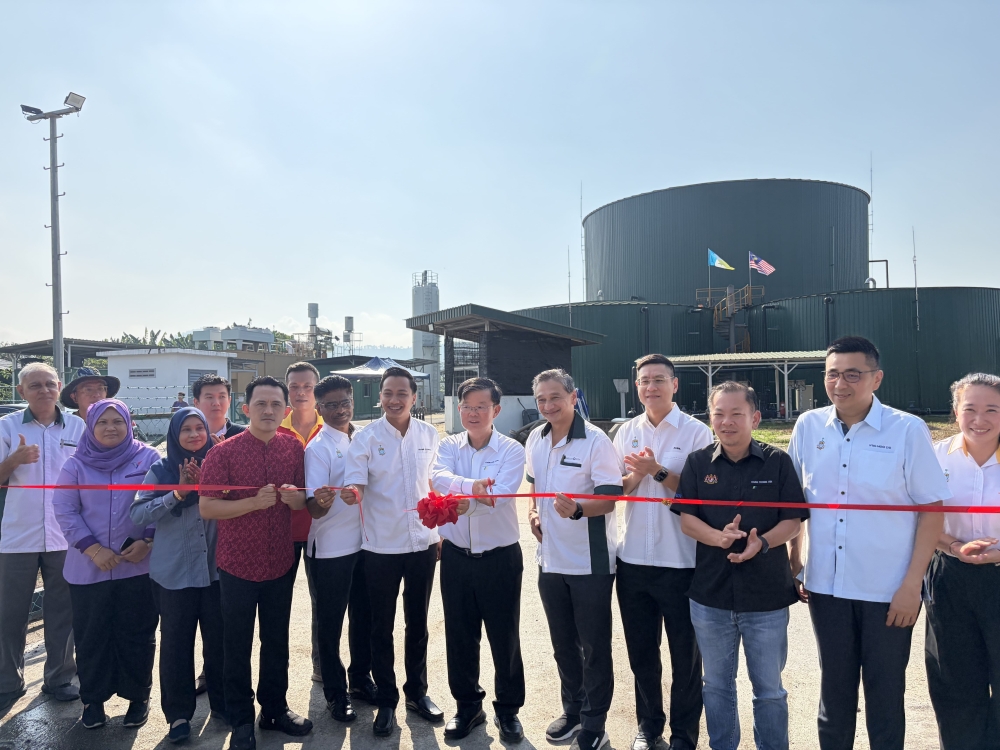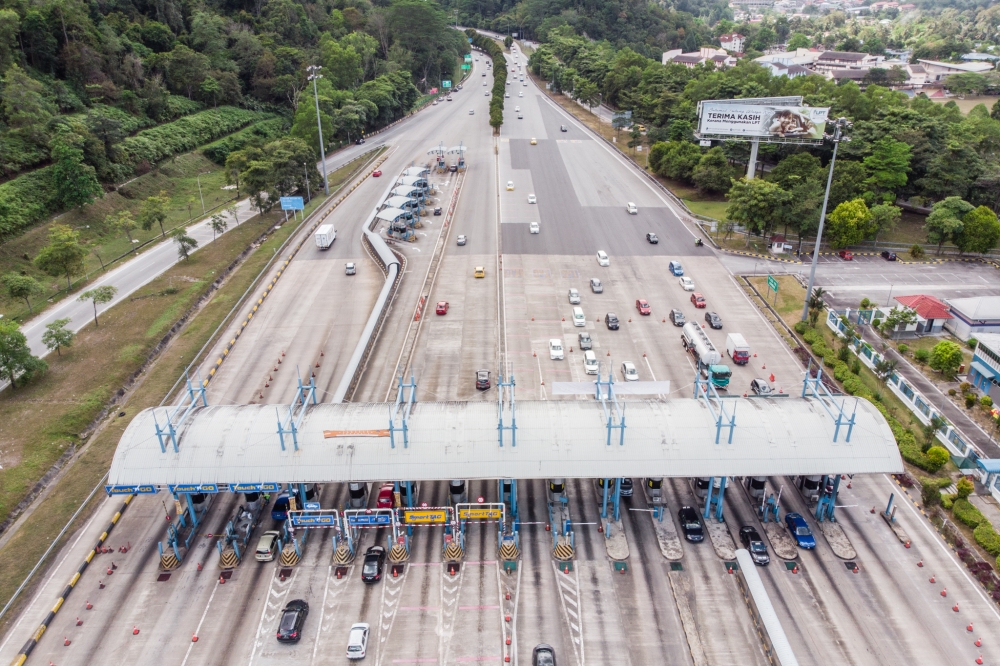KUALA LUMPUR, April 24 — Under the government’s movement control order where non-essential services and schools have been temporarily shut, women are shown to require assistance for the double burden of caring for their families while working — with single mothers particularly hard hit, a Selangor survey has shown.
Think tank Institut Wanita Berdaya Selangor or Selangor Women’s Empowerment Institute (IWB) shared these findings after polling 442 women in Selangor from March 24 to March 28 during the first round of the MCO.
The survey found that 29 per cent of women polled had no dependents, while the majority, or 71 per cent of respondents, had dependents including children, elderly folks or disabled family members.
Those who have dependents fall into these categories: 28 per cent who have no one to help them care for their family, 21 per cent who have a spouse to care for their dependents, those who resort to informal care services (12 per cent) and those who resort to formal care services (10 per cent).
IWB noted that those who had no help to care for their family while out working during the MCO period would have to rush and divide their time between their professional duties and family, adding that the closure of schools during the MCO have increased the burden placed on women.
The survey also found 38 per cent of the respondents as saying that arrangements for the care of their dependents have also changed due to the MCO.
Out of the 442 Selangor women polled, 12 per cent or 55 women are single mothers, with IWB noting that this category of women were very much affected by the MCO as they are both breadwinner for their families and the sole caregiver for their dependents.
The survey further found that the majority of single mothers polled are in the B40 or low-income group, with a substantially bigger proportion living below the poverty line of RM989 monthly income at 26 per cent of single mothers as compared to 16 per cent of the 442 respondents polled.
According to IWB, the majority of single mothers polled, or 84 per cent, have jobs, while the remaining 16 per cent comprise retirees and homemakers.
Based on their work, the biggest group among working single mothers or 37 per cent are in the private sector, while 30 per cent of them are self-employed without any employees, IWB said.
The survey also said almost half or 49 per cent of single mothers depend on daily wages for their income.
IWB noted that women in the Selangor survey who rely on daily wages are in the baking, catering business, or hold jobs that can be done from home such as folding boxes, sewing, washing clothes, and transport services for children.
Income loss for single mothers
“Single mothers are among the most affected by the MCO implementation,” IWB said, noting that 45 per cent of the single mothers in the survey reported income loss due to the Covid-19 outbreak.
It noted that the survey showed that 42 per cent of the 55 single mothers polled had suffered income loss due to unpaid leave, termination of work contract, business closed, while 37 per cent still have an income.
In terms of financial security, 75 per cent of the single mothers reported that their savings can only last for a maximum of four weeks, while 67 per cent of the same 55 single mothers believe they were not financially ready if the MCO were to be extended.
(At the time of the March survey, it was the second week of the MCO. The government has since announced three further extensions to the MCO, with the latest extension to end May 12.)
As for caring for their dependents, almost half or 45 per cent of single mothers polled were found to have no one to help care for their dependents when they are out at work, while 18 per cent relied on informal care, 11 per cent on formal care and four per cent on their spouse.
64 per cent of the single mothers in the survey are divorced and 27 per cent are widows, with three remarried.
In the same research paper, IWB suggested six measures or policies that the Selangor government could take in the face of the findings of women in Selangor as the “new face of poverty” due to the effects of the MCO and the Covid-19 outbreak.
IWB noted that these women were previously able to cope financially without assistance, but now require assistance in caring for their families and in terms of income levels and to prevent them from sliding into poverty.
The six measures that the IWB proposed include distributing cash directly to marginalised groups, such as single mothers as well as women in the M40 group who had lost their jobs or businesses, but support big families or have disabled family members.
IWB also suggested care support for the dependents of Covid-19 frontliners and workers in essential services, noting that there was a need to create a mechanism to help women remain at work while managing care for their dependents at home, since schools and care centres are now closed.
Among other policy recommendations, IWB also proposed for an integrated cross-department effort in Selangor to ensure detailed data to better steer emergency responses during crises.
The Selangor-based think tank also proposed that the Selangor state government work together with women-led non-governmental organisations and civil society groups that have in-depth information about the needs of women to enable more effective measures to reduce the adverse impact of Covid-19.
















.JPG)


